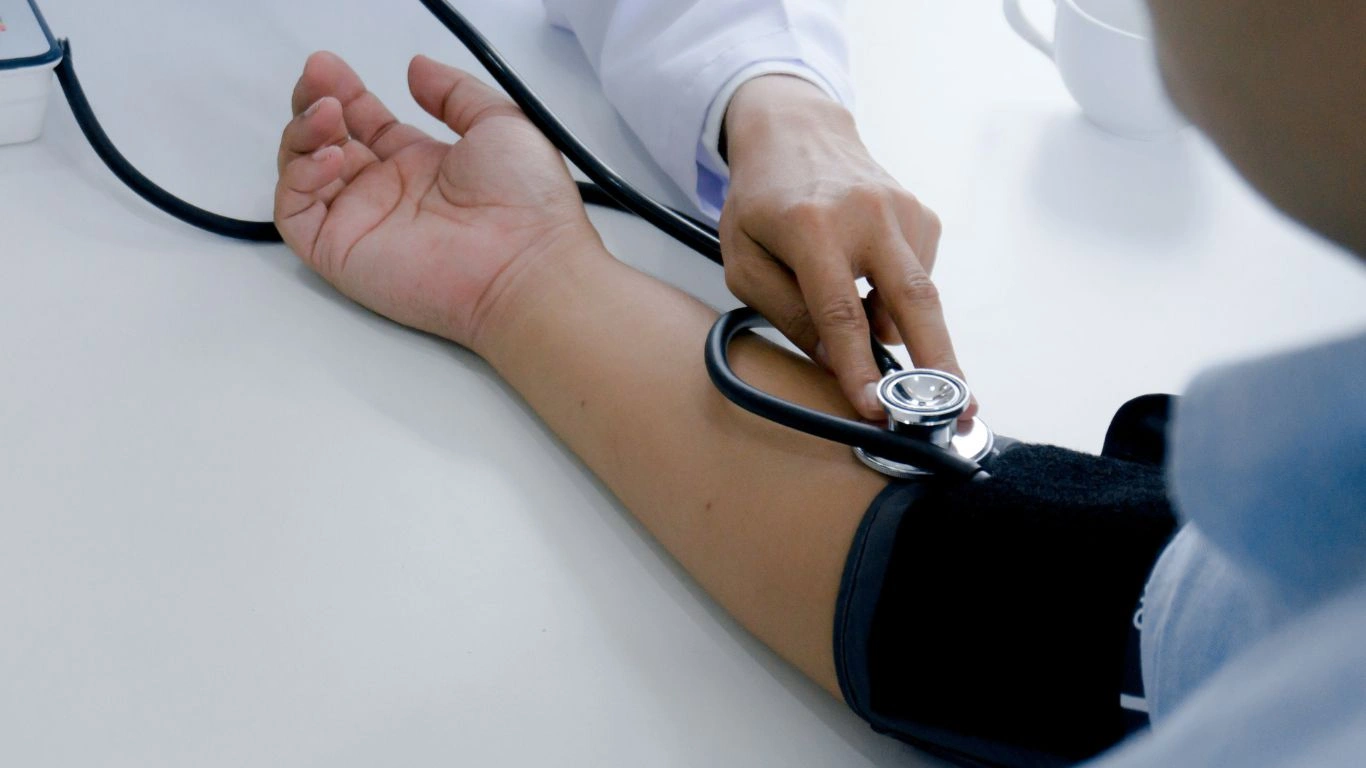The Ultimate Guide to Understanding Hypertension and Managing It Effectively
Hypertension is a condition that affects millions of people worldwide, and it’s often referred to as the “silent killer” because it usually has no symptoms until it’s too late. High blood pressure can lead to serious health complications like heart disease, stroke, and kidney damage. Understanding hypertension, recognizing its symptoms, and knowing how to manage it are essential to living a healthy life. In this article, we’ll break down everything you need to know about hypertension, from causes to treatment options.
What is Hypertension?

Hypertension, commonly known as high blood pressure, occurs when the force of your blood against the walls of your arteries is consistently too high. It’s a serious condition because it makes your heart work harder to pump blood, which over time can lead to heart disease and other complications. Blood pressure is measured in millimeters of mercury (mm Hg) and is recorded with two numbers. The first number, systolic pressure, measures the pressure in your arteries when your heart beats. The second number, diastolic pressure, measures the pressure when your heart rests between beats. A reading of 130/80 mm Hg or higher is generally considered high blood pressure.
Symptoms of Hypertension

One of the scary things about hypertension is that it doesn’t typically show any noticeable symptoms. This is why it’s called the “silent killer.” Many people don’t know they have high blood pressure until they get their blood pressure checked at a doctor’s visit or experience complications. However, in some cases, severe hypertension may cause headaches, shortness of breath, chest pain, or nosebleeds. If you experience any of these symptoms, it’s important to get checked by a healthcare provider immediately. Regular blood pressure checks are key to preventing complications.
How to Manage Hypertension

Managing hypertension is crucial for maintaining heart health and preventing further complications. The good news is that high blood pressure can often be controlled with a combination of lifestyle changes and, if necessary, medication. Here are a few effective strategies:
- Exercise regularly: Physical activity can help lower blood pressure by improving heart health. Try aiming for at least 30 minutes of moderate exercise most days of the week.
- Eat a balanced diet: A diet rich in fruits, vegetables, whole grains, and lean proteins can help manage hypertension. Consider following the DASH (Dietary Approaches to Stop Hypertension) diet, which is specifically designed to lower blood pressure.
- Reduce sodium intake: Cutting back on salt can significantly reduce blood pressure levels. Aim to limit your sodium intake to no more than 2,300 mg per day.
- Limit alcohol and quit smoking: Both smoking and excessive alcohol consumption can raise blood pressure. Cutting these habits can make a big difference in managing hypertension.
If lifestyle changes alone aren’t enough to control your blood pressure, your doctor may prescribe medication to help manage it. It’s important to follow your doctor’s advice and take medication as directed.
When to See a Doctor

If you have been diagnosed with hypertension, it’s essential to monitor your blood pressure regularly and follow your doctor’s recommendations. If you experience any unusual symptoms like severe headaches, chest pain, dizziness, or shortness of breath, it’s crucial to seek medical attention right away. Hypertension is manageable, but it requires ongoing care to keep it under control and prevent long-term complications.
In conclusion, hypertension is a serious condition that should not be ignored. By staying informed, making healthy lifestyle changes, and working closely with your healthcare provider, you can manage your blood pressure effectively and lower your risk of complications. Keep an eye on your blood pressure, and don’t hesitate to seek help when needed.
Call to Action
Want to learn more about managing your blood pressure? Schedule a checkup with your doctor or get started with some of these heart-healthy lifestyle changes today! Your health is worth it!





